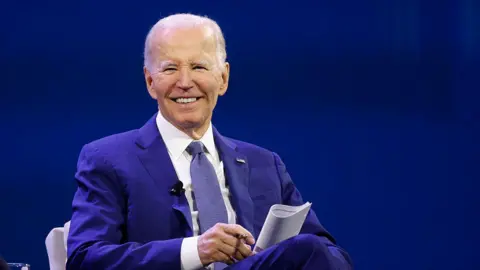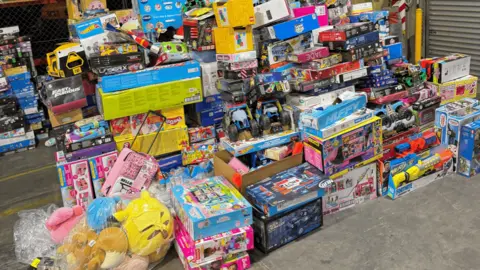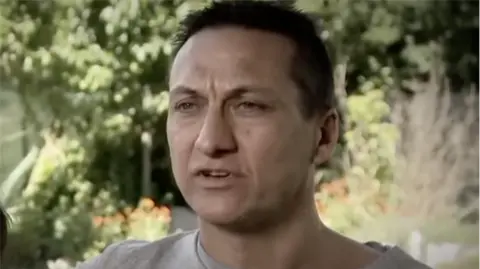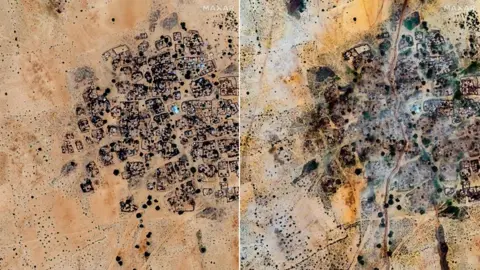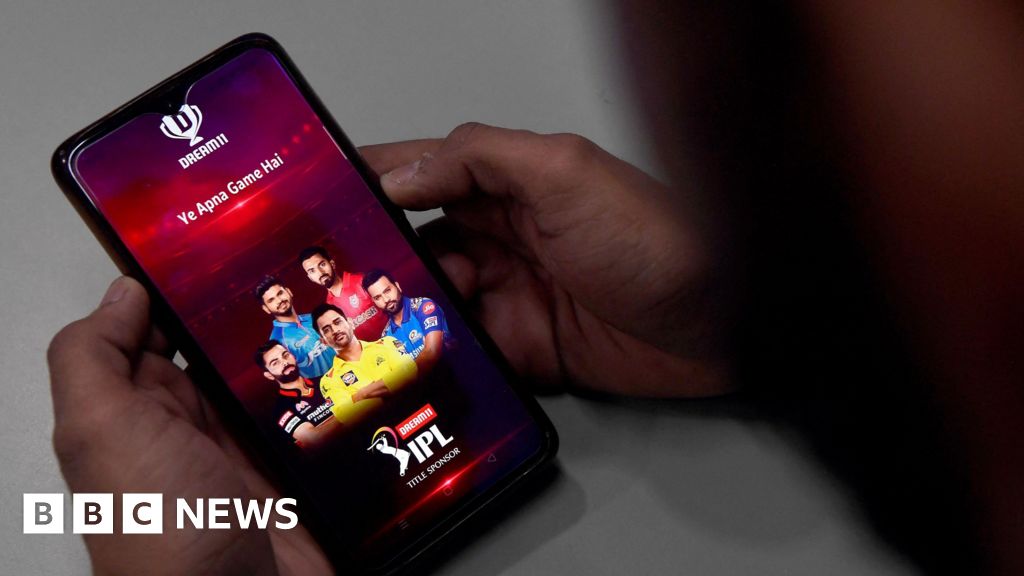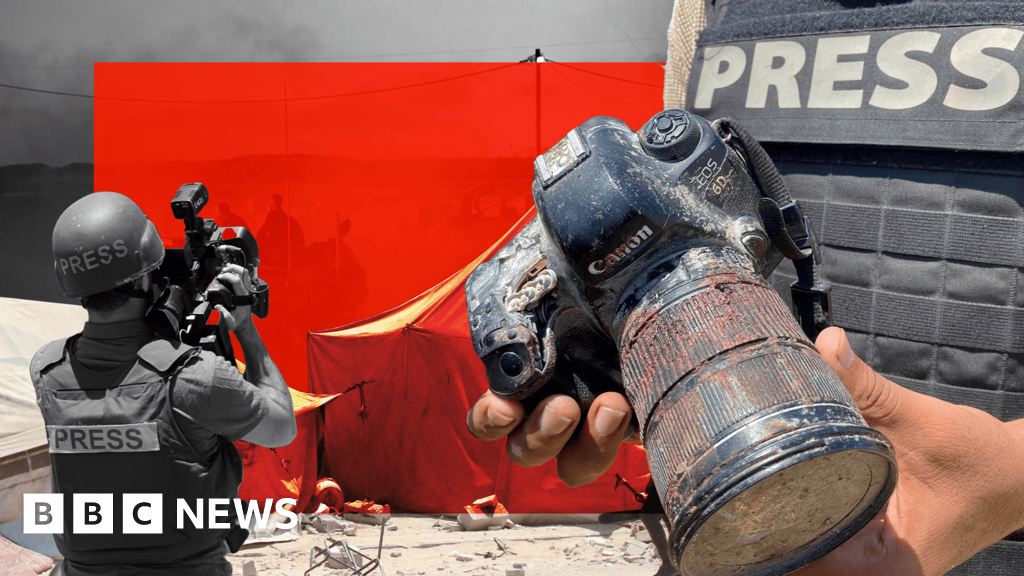Like many Australians, Rach grew up 'terrified of the sun' in the country with the highest rates of skin cancer in the world. Her childhood was characterised by the infamous 'no hat, no play' rule that is commonplace in Australian schools, 90s advertisements warning the sun would give you cancer, and sunscreen tubes standing guard at every door in her home.
This upbringing made the now 34-year-old the kind of person who religiously applies sunscreen multiple times a day and rarely leaves the house without a hat. So she was shocked when doctors found a skin cancer on her nose during a check last November, deemed abnormal given her age and diligent sun protection.
Though classified as a 'low grade' skin cancer, it had to be surgically removed, leaving Rach with a scar beneath her eye. 'I was just confused, and a little bit angry because I thought I'd done all the right stuff and it still happened to me,' she said. That frustration turned to outrage when she discovered that the sunscreen she had been using for years was found to be unreliable, providing minimal sun protection.
An independent analysis by Choice Australia unveiled that several popular and expensive sunscreen brands were not meeting the SPF ratings claimed on their packaging. This revelation has led to widespread backlash from consumers, a government probe, product recalls, and left many questioning the regulatory practices surrounding sunscreens.
Australia has the highest incidence of skin cancers globally, and an estimated two out of three Australians will have at least one skin cancer cut out in their lifetime. When Choice released a report stating that 16 out of 20 tested sunscreens did not meet their listed SPF ratings, it sent shockwaves through the country. The report named brands like Ultra Violette and Neutrogena, which all denied the findings.
Ultra Violette's Lean Screen SPF 50+ was labeled the 'most significant failure', identified to have an SPF of just 4 in tests. Following social media backlash, Ultra Violette announced a recall of this product after inconsistencies in testing results. Rach expressed her sentiments, stating the brand's response felt inadequate and dismissive of the gravity of the situation.
Experts point out the convoluted sunscreen industry, where regulations vary by country and brands utilize the same manufacturers and testing labs. The Australian government, in the wake of the scandal, has committed to reviewing current testing regulations. As the situation unfolds, the sun safety message in Australia may need a re-evaluation, while consumer trust hangs in the balance.




